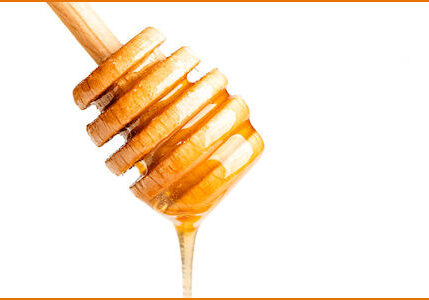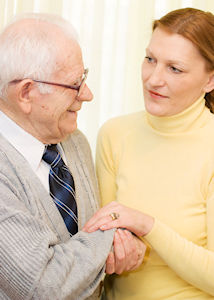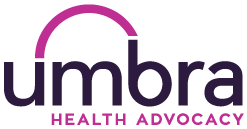How To Handle Unwelcome, Overly Familiar Communication

In today's world, there's a lot of talk about how people want to be referred to. Using someone's preferred pronouns or their correct title is a sign of respect. But there's often less attention paid to overly familiar communication that older people often encounter.
If you are a reader of Amy Dickinson's* wise insights, then this gentleman's recent letter to her may strike a chord. He writes:
...My peers and I are puzzled, however, that so many women in positions of public engagement (waitpersons, receptionists, sales personnel, cashiers, hygienists, nurses, etc.) feel free to belittle and degrade us by referring to us as “honey,” “sweetie,” “dearie,” “sweetheart,” ad nauseam.
These strangers do not speak to young or middle-aged persons in this overly familiar way. Why do they feel free to embarrass and devalue seniors with this childish gibberish? Do they think we have all entered a “second childhood’?
Some neighbors of similar age and I gathered for what we call “Driveway Drinks” one evening last week and this topic came up. Everyone had a story about their disgust at being referred to in this manner....
This is a topic I've tackled previously - for both older folks (like me!) and the younger folks who use those terms of endearment. I've suggested to professional advocates that they avoid "the Sweeties" terminology. Instead, I suggest asking those they are speaking to what they prefer to be called.
I recognize that some of this is regional or even cultural. I get that. I also get that not everyone objects to it. So if being called "Sweetie" or "Honey" or a raft of other too-familiar terms being used by strangers doesn't bother you, then find the arrows to the left or right of these words and move on to read another post.
What to do if you object to overly familiar communication:
If you do object and find yourself cringing or feeling belittled, I suggest you read Amy's advice. I think it's really just terrific.
Her advice is about commanding respect, gently. If the offender uses one of those terms, and you will be speaking with that person again, then gently correct them with a simple, "I'd prefer it if you called me ____."
Instead of being annoyed or put off, consider it an opportunity to remind yourself that they most likely don't mean to belittle you. Consider that there are far worse things in the world than being unintentionally dissed.
A reminder that this is not unlike previous advice, here on this blog, that it's up to you to speak up when someone addresses you incorrectly in any fashion. If you prefer to be called by your first name, but someone calls you Mr. or Mrs. or Ms, then YOU must be the one to speak up!

Further, this advice can extend beyond the people and professionals listed by the letter writer. Medical professionals and healthcare workers are just as apt to use these terms as anyone else. I once visited a new specialist who called me "young lady" (I was almost 60 at the time). I told him, politely, that I while I appreciated that he was trying to be polite, it didn't come across that way to me. I asked him to please call me by my first name. And then he did it again just a few minutes later. He had dismissed me. That's no relationship to have with a doctor. I found it disrespectful and found myself another doctor.
The devil for professional service providers is always in the details of client service and respect. So, if they are clueless, then you're helping them and yourself by raising the point.
Does this make you uncomfortable?
Find help:
I do realize it can be uncomfortable for you to handle such an interaction with medical or healthcare professional. That's where a professional advocate comes in. Why not pick up the phone and call one to ask how he or she would handle such a situation? You might even ask them to handle it for you.
Find an advocacy or care management professional here.
Find a Health / Patient Advocate or Navigator
Learn more about The Alliance of Professional Health Advocates
*If you're not familiar with Amy Dickinson, you should know that she's this generation's Dear Abby or Ann Landers. She's an advice columnist who shares her wit and wisdom through syndication among dozens / hundreds of print, radio, and online media. Not long ago, I heard her speak - a monologue of sorts - totally entertaining evening! Her wisdom is both useful and delightful.
